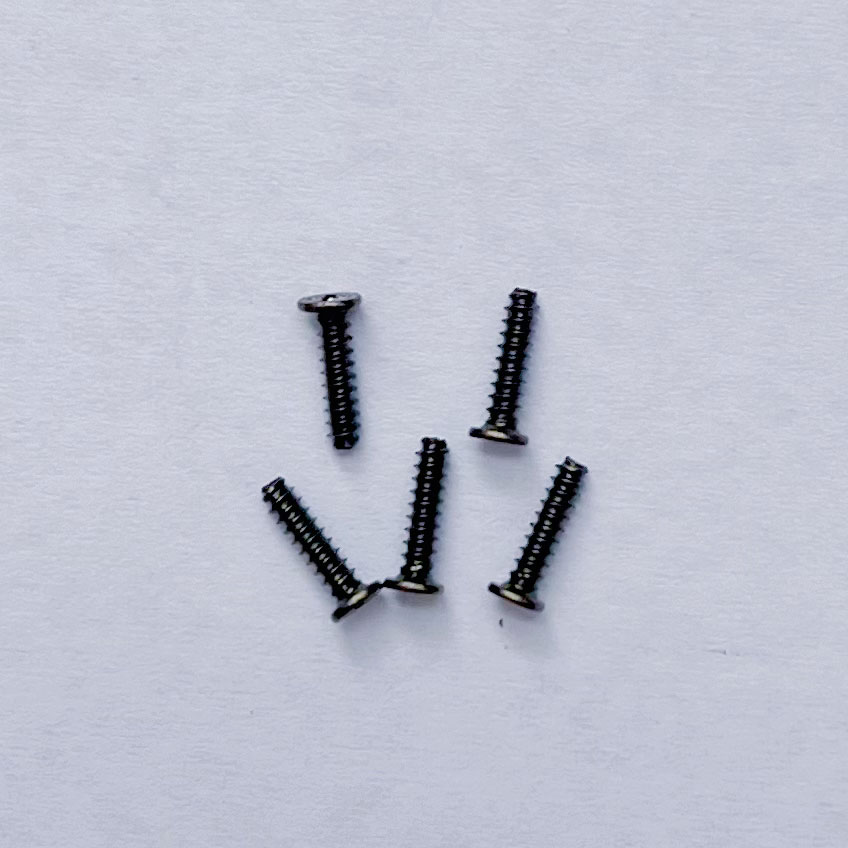

There are some key differences between self-tapping screws and ordinary screws in design, use and installation:
1. Design and structure
Self-tapping screws:
The thread design of self-tapping screws is relatively sharp, and they usually have a special thread cutting part, which can be directly tapped into the material without pre-drilled holes to cut the required threads.
Applicable to soft metals, plastics, wood and other materials, and can form a fast connection on these materials.
Ordinary screws: Ordinary screws usually need to be matched with pre-drilled holes, and their threads are relatively smooth, and threads cannot be directly cut into the material.
Mostly used in metal, wood or other materials that require pre-drilling.
2. Installation method
Self-tapping screws: When installing, self-tapping screws do not need to drill threaded holes first, and can be directly screwed into the material, and the threads are cut into the material through their own cutting ability.
Applicable to occasions where it is not necessary or inconvenient to perform thread processing in advance, with fast installation speed, and often used in some situations where it is not easy to pre-fabricate threads.
Ordinary screws: Ordinary screws must first be drilled in the material, and may need to use a screwdriver or wrench to screw the screw into the pre-fabricated threaded hole.
The installation process is relatively cumbersome and requires the material to be processed in advance.
3. Applications
Self-tapping screws: Mainly used in applications where pre-thread cutting is not easy, such as plastics, wood, light metal plates, etc.
Commonly used in furniture assembly, electronic product housings, automotive parts installation and other fields, especially suitable for quick and temporary fixation.
Ordinary screws: Suitable for applications requiring high-strength connections, especially between metals, or in situations where long-term stable connections are required.
Ordinary screws are widely used in engineering, construction, machinery manufacturing and other fields, and are suitable for fixing heavy objects or high-load connections.
4. Performance and durability
Self-tapping screws: Due to their own cutting function, they have a greater impact on the material when used, which may reduce the material's bearing capacity in some cases, especially when the threaded holes are easily damaged during repeated disassembly.
Generally used in lighter load situations.
Ordinary screws: In the case of pre-threaded holes, they can provide higher connection strength and better durability, especially for heavy loads and long-term fixation.
Summary: Self-tapping screws are more suitable for quick installation without pre-drilling, especially for fixing soft metals, plastics, wood and other materials.
Ordinary screws are suitable for installations that require stronger connection strength and higher precision, especially when threaded holes need to be drilled first.
